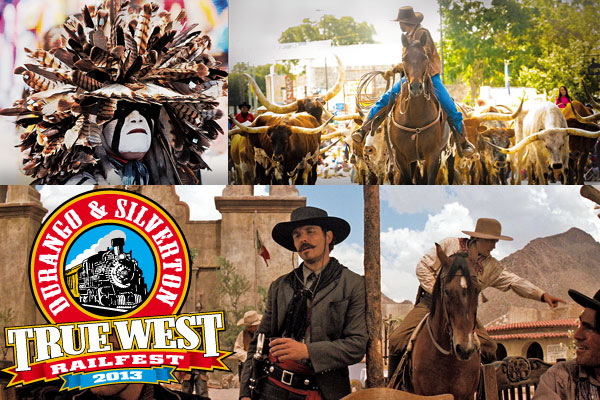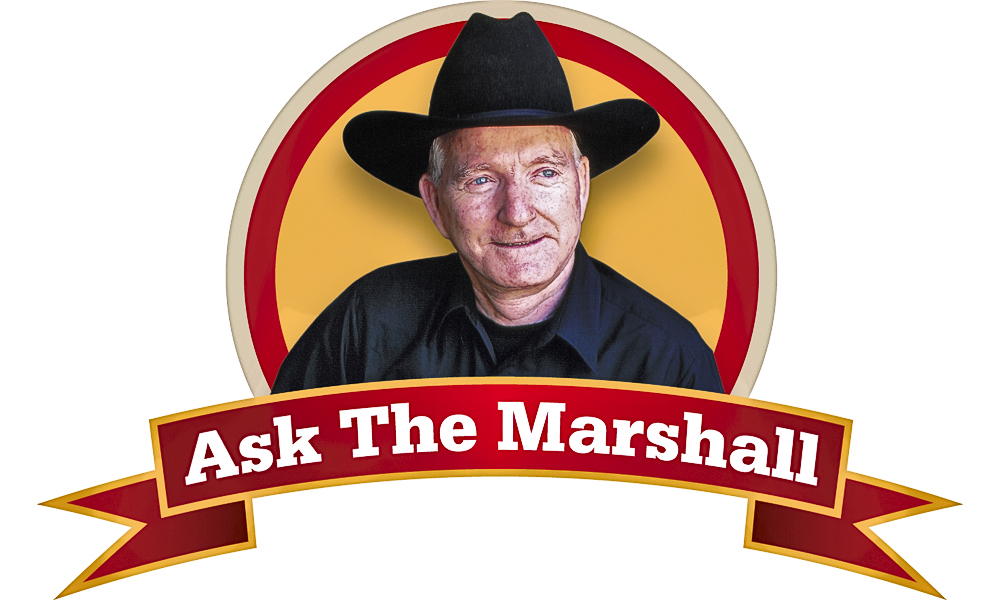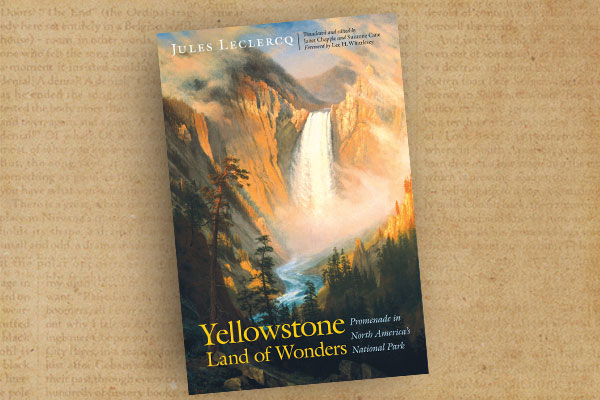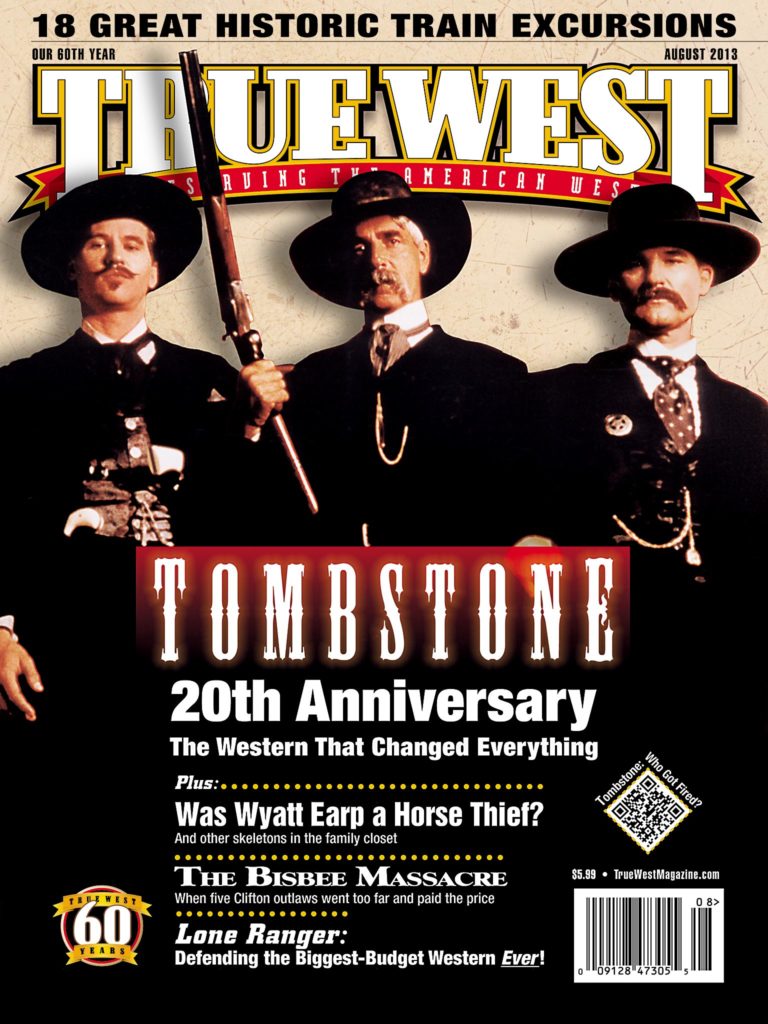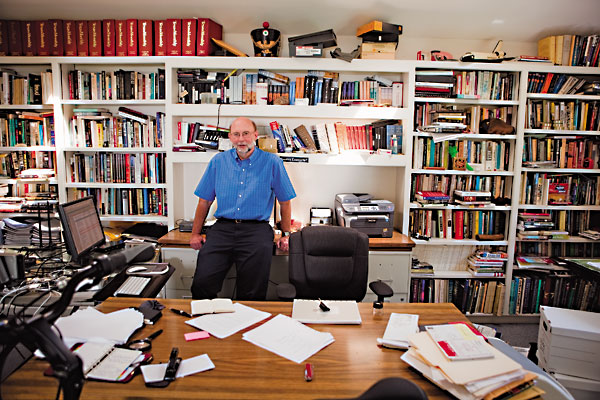 My favorite research memory is a tie between waking up in an igloo and being alone in the Alamo at night.
My favorite research memory is a tie between waking up in an igloo and being alone in the Alamo at night.
I first thought about writing a book about the Alamo when I was 14. I had been reading all these big whopping historical novels by Kenneth Roberts about the Revolutionary War and I wondered if I could one day write a book like that.
The most haunting Alamo myth is the line that Travis supposedly drew with his sword the night before the battle, giving his men the chance to stay and fight or to escape. I don’t think this event ever happened, though some recent scholarship by James Donovan helps to shore up the possibility. Whether it happened or not, the moment defines the Alamo story, which is all about choice, about men stepping over the line knowing that they were sealing their fate. We hold on to that epic moment of decision, because, without it, the Alamo becomes another story of a bunch of guys in the wrong place at the wrong time.
Trying to get to the truth of what happened at the Alamo required eight years of endless reading and endless conversations with historians, very few of whom agreed with one another about, say, Crockett’s death or the validity of this or that document.
Remember Ben Clayton is a novel about a statue. But it’s also about art, fathers and children, family secrets, the Comanche wars, WWI and the damages that one generation can thoughtlessly inflict upon another.
Another topic I’d like to write about is something from the Spanish colonial period, the roughly 300 years of history that took place before cowboys came on to the scene. I’ve always thought a great novel could be created in the Spanish reaction to the news that La Salle had planted a French colony in Spain’s New World territory.
Nobody knows this about me, but I once narrowly escaped death in a runaway dogsled.
My obsession with the ocean began when I was about six, sitting in a fishing boat in the Port Aransas harbor. Suddenly, rolling out of the water a few feet in front of me, appeared a giant sea creature. I had no idea it was a dolphin. This was in the early 1950s, before Flipper, before marine parks, before the general public had any idea about dolphins and marine mammals. I was startled and completely entranced. If something like that was down there, what else might there be?
I live in Austin because, as I say in one of my essays in The Eye of the Mammoth, for a certain kind of provincial Texan of my generation, Austin was Paris in the 1920s.
Working with Robert Altman just before he died was one of the highlights of my screenwriting career. Bob was undergoing chemo at the time, and he died only a few weeks before principal photography was to begin on Hands on a Hard Body. I’ll always regret that the movie was never made, since I think it might have been one of his best films, but the delightful experience of collaborating with such a snarky master of the form far outweighs any regret.
Don’t get me started on the word “curate” to mean “choose” and the word “sourced” to mean “found.” I’m all for neologisms, if they make the language clearer and livelier, but these sorts of words are just obfuscatory for no reason.
History has taught me that the barrier between the present and the past is more permeable than we realize. In fact, sometimes I wonder if there really is a barrier at all.
STEPHEN HARRIGAN, AUTHOR
Stephen Harrigan began his career as a journalist at Texas Monthly magazine. His 2000 historical novel, The Gates of the Alamo, became a New York Times bestseller and a Spur winner, among other honors. He’s written numerous screenplays, including TNT’s King of Texas. This May, he received the James Fenimore Cooper honor for Best Historical Novel from the Society of American Historians for Remember Ben Clayton. His most recent work is a collection of essays, The Eye of the Mammoth.


